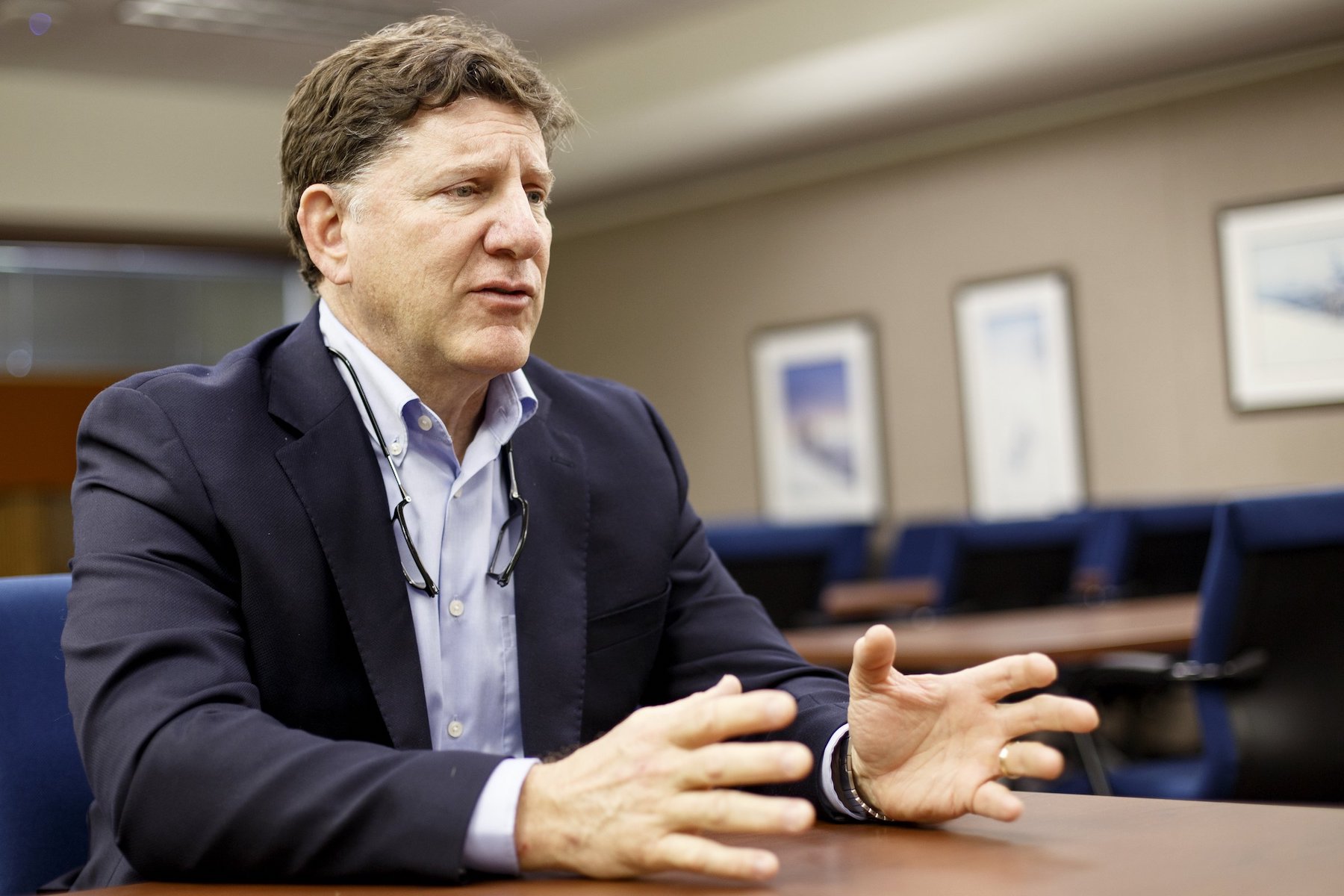The Tennessee Valley Authority is paying each of the four regional vice presidents it added to the federal utility two years ago more than a quarter million a year in salary and bonuses, according to pay levels for the executives disclosed in response to a lawsuit on behalf of the Institute for Public Service Reporting in Memphis.
Critics of TVA said Friday the executive-level jobs are not necessary and were created as part of a multimillion-dollar campaign by TVA to help persuade Memphis Light Gas & Water and other power companies to continue buying their wholesale power from TVA rather than shop around for other potentially cheaper sources.
"This is just another example of how bureaucratic and top-heavy TVA has gotten," said Karl Schledwitz, a Memphis businessman who helped co-found a group that wanted Memphis to leave the TVA fold and buy power from other wholesale suppliers. "TVA is more than $20 billion in debt and yet it decided to create four of these executive jobs out of thin air to promote a PR campaign that has no benefit to the ratepayers."
(READ MORE: TVA faces rising cost pressure that likely will push up power rates)
In a telephone interview, Schledwitz said TVA may end up spending nearly $3 million in salary, bonuses, support staff and travel to the regional vice presidents — jobs that were never previously needed in the 90-year history of TVA.
TVA spokesperson Scott Brooks said the regional vice president jobs were created in 2021 to help coordinate community relations, government relations and communications with local power companies, government agencies and others across TVA's seven-state region.
"Our customers expect and deserve affordable, reliable, resilient and clean energy," Brooks said. "To meet their expectations, we must attract and retain the best talent — highly skilled individuals in a specialized industry."
Brooks said the agency fixes competitive salaries based on "benchmarking with other utility peers,'' and he said the vice presidents are helping improve performance and customer service.
Schledwitz and other critics questioned TVA's hiring of Mark Yates as the regional vice president in Memphis. When Yates was hired, his wife, Veronica, was operating a restaurant business in Memphis with a member of the Memphis Light, Gas & Water board of commissioners. Stephen Smith, executive director of the Southern Alliance for Clean Energy, said Yates, a longtime businessman and political operative, was hired primarily to help convince the Memphis utility not to leave TVA.
Smith said Yates and other regional vice presidents at TVA "are effectively just cheerleaders for TVA even though they are being paid extraordinary amounts of money."
"They are operatives working to undermine credible conversations about whether TVA is the best provider for local power companies," Smith said in a telephone interview Friday. "They're getting a lot of money to run around as cheerleaders and, to my mind, they ought to dress them up in Dallas Cowboy(s) cheerleading outfits and carry TVA pompoms."
Schledwitz and Smith both supported the "$450 million for Memphis" campaign that urged Memphis to leave the TVA fold and buy its power from other wholesale suppliers that Schledwitz contended would be $450 million a year less expensive for Memphis ratepayers. But after conducting a power study of its energy options, the utility decided last year to stick with TVA, although without the 20-year power supply agreement that other power companies entered.
(READ MORE: TVA to pay out record-high performance payments)
The Memphis utility said TVA offered the most reliable power and the best economic development support with attractive long-term power rates.
Although TVA is owned by the federal government and subject to public disclosure laws, TVA declined two years ago to voluntarily disclose what it pays its regional vice presidents. The federal utility ultimately provided the information after it was ordered to do so by a federal judge in response to a two-year-long effort by a Memphis nonprofit reporting group.
TVA officials claimed disclosing the salary information would violate the privacy of the individuals involved. U.S. District Court Judge Ronnie Greer said the public interest in knowing how TVA spends money outweighs such privacy concern, but the judge did allow TVA to redact the names of the four regional vice presidents.
Under the information disclosed in response to the Freedom of Information Act request, TVA disclosed the regional vice presidents were paid the equivalent of $242,050 to $286,800 a year plus performance bonuses as high as 40% and longer term bonuses as a high as 30%.
The lawsuit to gain the salary data was filed by Paul McAdoo, an attorney for the Reporters Committee for Freedom of the Press, on behalf of Jose Marcus Perrusquia, director of the Institute for Public Service Reporting at the University of Memphis.
"This is a major victory for the public and for freedom of information," Perrusquia said in a statement. "The public has a right to know how much the federal government pays its executives."
TVA President Jeff Lyash, who is the highest-paid federal employee in America with a compensation package in 2023 of nearly $10.5 million, said publicly disclosing what TVA pays most other employees could hurt TVA's competitive position with other investor-owned utilities. Similar to investor-owned utilities, TVA discloses the pay for its five highest-paid executives under regulations by the U.S. Securities and Exchange Commission, but it does not reveal other employee's pay in its financial reports.
(READ MORE: Environmental groups rally against TVA's plans to build more gas power plants)
Asked about TVA's refusal to voluntarily disclose its employee pay, Lyash said he differed from his predecessor, who did release information on all TVA employees in 2012 in response to a Freedom of Information Act request by the Chattanooga Times Free Press.
"Our position by me has been that we shouldn't release (pay information publicly) because it causes disadvantage to the organization, and we think are covered by exemptions under FOIA," Lyash said last month in an interview after the TVA board meeting in Tupelo, Mississippi. "We're committed to be as transparent as we need to be, but there is a balance here. TVA, by and large, pays below what is typically the market, so we are always sensitive to disclosing that in a way where our competition can come and take away our talent. There are also some personal privacy issues that come into play, and we try to balance that."
The requirement to provide Congress and the White House with the pay levels for TVA employees "was changed as a part of the Record Reduction Act, and we were directed to stop providing that report several years ago, so that is no longer required," Lyash said.
During a congressional hearing earlier this year, U.S. Rep. Garret Graves, R-Louisiana, said TVA's legal position on disclosing employee pay "is unsustainable — I want to be very clear about that."
"You are a government entity, and you need to provide this information," Graves said. "I would strongly urge you to do it; otherwise, you are going to be compelled to do it. You can either cooperate or it's going to get a little ugly."
U.S. Rep. Steve Cohen, D-Memphis, also challenged Lyash's reading of the law.
"That's just not right, Jeff," Cohen told the TVA president during the Capitol Hill hearing. "You are part of the government. You were created by the United States government, and you are part of it. Salaries should be transparent. "
Contact Dave Flessner at dflessner@timesfreepress.com or 423-757-6340.

